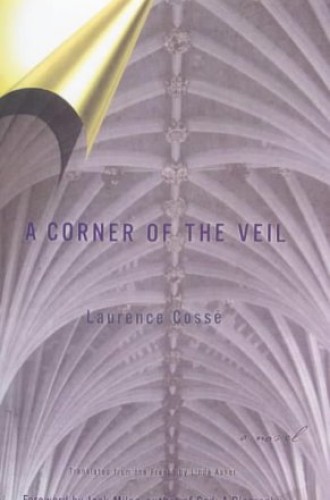From faith to proof
In Laurence Cossé's A
Corner of the Veil, a French novel translated into English in 1999, a
society of priests known as the Casuists come upon the proof of the existence
of God. (The proof is a document mailed to the editor of the society's
magazine, a point of fact that endeared the book to me right away, since I open
the Century's mail.)
After the proof is discovered and verified by two of the
society's experts in theology, the rest of this slim volume is taken up with
various church and political officials deciding what to do about it. The pope
must be informed, of course, but the prime minister is tipped off before that
can happen, and his men start interfering with the proof's fate.
It's not a well-structured or well-written novel; the action
is essentially one man after another finding out about the proof and reacting
to it. But it seems as if this is what Cossé wants to do: create a catalog of
different possible reactions to the absolute confirmation of God.






